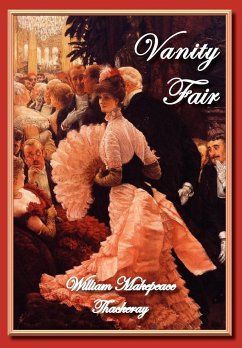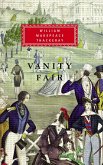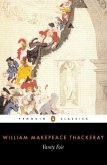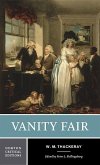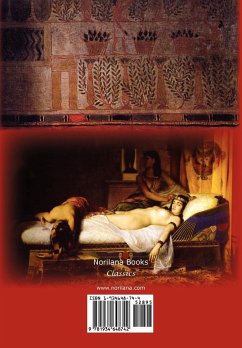Vanity Fair: A Novel Without a Hero is an unparalleled satire of 19th Century British Society, written by William Makepeace Thackeray (1811-1863) and originally published in serial format from 1847 to 1848. Meet the charming and cunning Becky Sharp, insinuating upward through the social ranks with the fervor of Napoleon plowing through Europe, and the subtlety of a butterfly. More so than any other picaresque character, Becky Sharp's name has become synonymous with a gold-digging, amoral, opportunistic social charmer who is also shrewd and strong-a portrait of a complex woman of her time. She is the anti-heroine you love to hate, and yet at the same time cannot help but secretly admire her methods.
Hinweis: Dieser Artikel kann nur an eine deutsche Lieferadresse ausgeliefert werden.
Hinweis: Dieser Artikel kann nur an eine deutsche Lieferadresse ausgeliefert werden.

